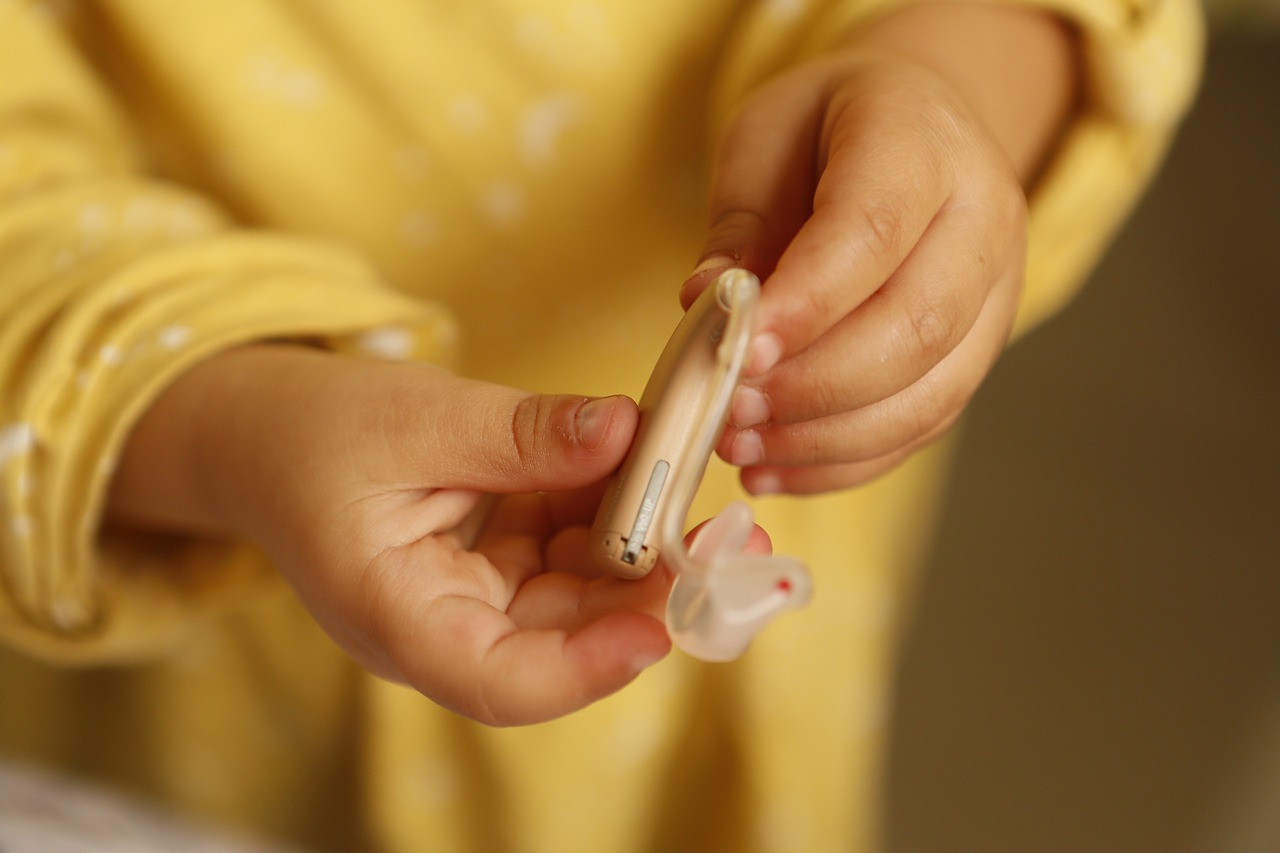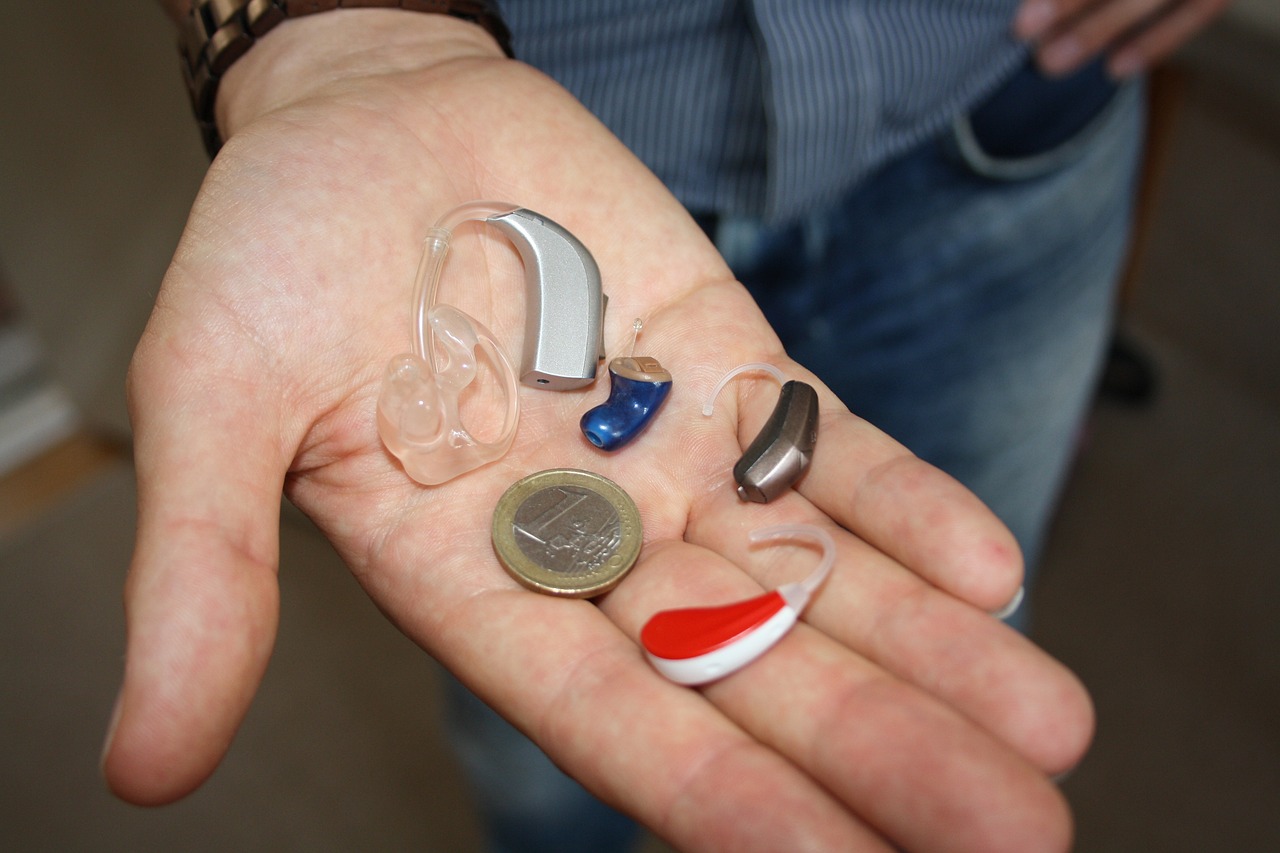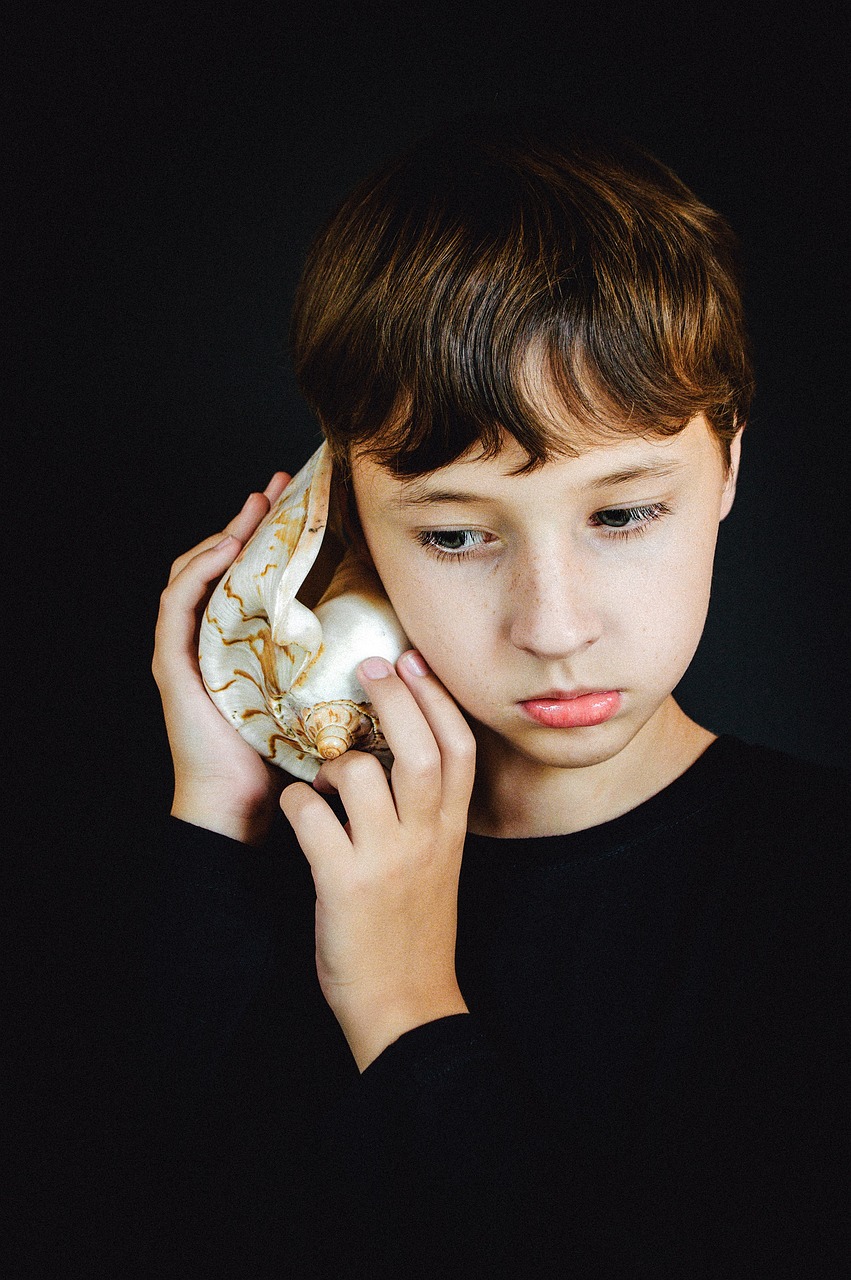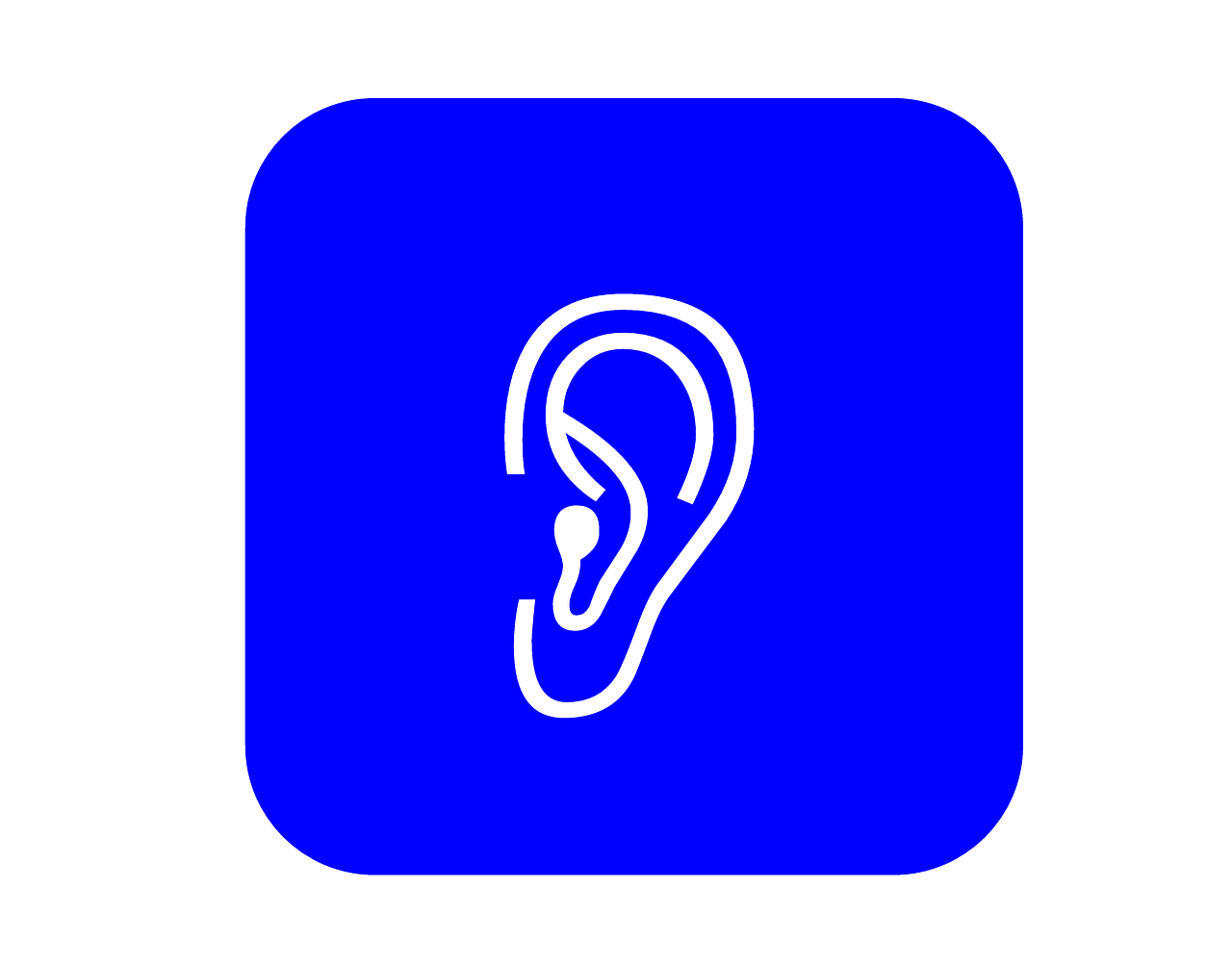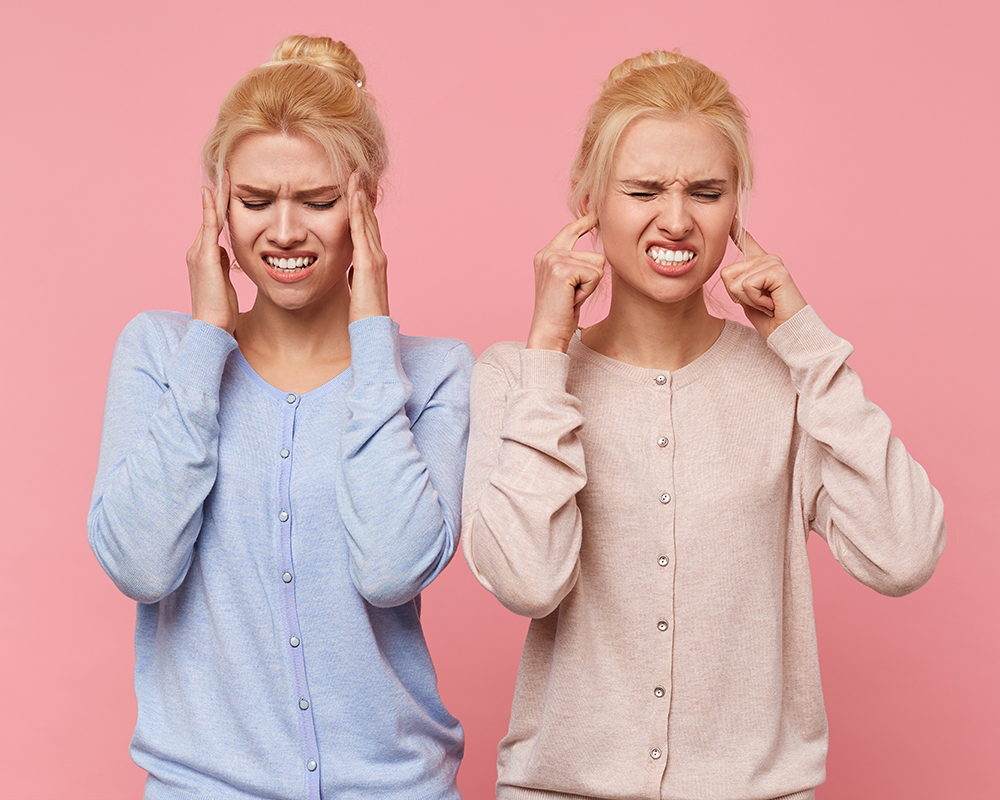Preventing Tinnitus: Tips for Protecting Your Hearing
Introduction: Prevention is crucial when it comes to tinnitus, especially since some causes are avoidable. In this article, we will discuss tips and strategies for protecting your hearing and reducing the risk of developing tinnitus. Protect Your Ears from Loud Noises: Exposure to loud noises is a leading cause of tinnitus. Use earplugs or earmuffs when in noisy environments, such as concerts or construction sites. Limit the use of headphones or keep the volume at a moderate level. Practice Safe Listening Habits: When listening to music or watching videos through headphones or earbuds, follow the 60/60 rule: listen at 60% of the maximum volume for no more than 60 minutes at a time. Taking regular breaks can also give your ears a rest. Avoid Excessive Use of Earphones: Prolonged use of earphones or headphones can increase the risk of developing tinnitus. Whenever possible, switch to external speakers or invest in…
Exploring Experimental Treatments for Tinnitus
Introduction: Researchers are continuously exploring new treatments and therapies for tinnitus. In this article, we will discuss some experimental treatments that show promise in managing tinnitus symptoms. Transcranial Magnetic Stimulation (TMS): TMS is a non-invasive procedure that uses magnetic fields to stimulate specific areas of the brain. It has shown potential in reducing tinnitus symptoms by modulating the neural activity associated with tinnitus perception. Repetitive Transcranial Magnetic Stimulation (rTMS): rTMS is a variation of TMS that involves repeated stimulation over several sessions. It has been investigated as a potential treatment for tinnitus and has shown some positive results in reducing the severity of tinnitus symptoms. Sound and Neuromodulation Therapies: Various sound-based therapies, such as tailored sound stimulation and bimodal auditory-somatosensory stimulation, are being studied for their effectiveness in modulating tinnitus perception. These therapies aim to retrain the brain and reduce the awareness of tinnitus sounds. Pharmacological Interventions: Several medications are…
Natural Remedies for Tinnitus Relief
Introduction: While there is no cure for tinnitus, some natural remedies may provide relief and help individuals manage their symptoms. In this article, we will explore several natural remedies that have been suggested to alleviate tinnitus. Gingko Biloba: Gingko biloba is an herb that has been used in traditional medicine for its potential benefits in improving circulation and reducing tinnitus symptoms. However, scientific evidence supporting its effectiveness is limited, and it is important to consult a healthcare professional before using it. Acupuncture: Acupuncture involves the insertion of thin needles into specific points on the body. Some studies suggest that acupuncture may offer temporary relief from tinnitus, although more research is needed to determine its long-term effectiveness. Stress Reduction Techniques: Reducing stress levels can have a positive impact on tinnitus symptoms. Techniques such as meditation, yoga, deep breathing exercises, and mindfulness practices may help individuals relax and alleviate the distress associated…
Tinnitus and Its Impact on Mental Health
Introduction: Tinnitus can have a significant impact on an individual’s mental health and overall well-being. In this article, we will explore the relationship between tinnitus and mental health, as well as strategies for maintaining emotional well-being. Psychological Effects of Tinnitus: Tinnitus can lead to various psychological effects, such as anxiety, depression, irritability, difficulty concentrating, and sleep disturbances. The constant perception of sounds can be distressing and affect one’s quality of life. Seeking Emotional Support: It is essential for individuals with tinnitus to seek emotional support from loved ones, friends, or mental health professionals. Sharing concerns and experiences can provide a sense of validation and reduce feelings of isolation. Cognitive Behavioral Therapy (CBT): CBT is a commonly used therapeutic approach for managing tinnitus-related distress. It helps individuals develop coping mechanisms, challenge negative thoughts, and change behavioral patterns associated with tinnitus. Self-Care and Stress Management: Engaging in self-care activities such as regular…
Tinnitus in Children: Causes, Symptoms, and Management
Introduction: Tinnitus is not limited to adults; it can also affect children. In this article, we will discuss the causes, symptoms, and management of tinnitus in children. Causes of Tinnitus in Children: Tinnitus in children can be caused by various factors, including ear infections, excessive earwax, exposure to loud noises, head injuries, certain medications, and genetic factors. Identifying the underlying cause is crucial for appropriate management. Symptoms of Tinnitus in Children: Children may find it challenging to express their tinnitus symptoms accurately. They may complain of ringing, buzzing, or hissing sounds in their ears. Other signs may include irritability, difficulty sleeping, and problems with concentration. Evaluation and Diagnosis: Diagnosing tinnitus in children requires a comprehensive evaluation. A healthcare professional will assess the child’s medical history, conduct a physical examination, and may recommend hearing tests to determine the extent of the condition. Management Strategies: The management of tinnitus in children focuses…
The Link Between Tinnitus and Hearing Loss
Introduction: Tinnitus and hearing loss often go hand in hand. In this article, we will explore the connection between tinnitus and hearing loss, their shared causes, and treatment options. Understanding Hearing Loss: Hearing loss can be caused by various factors, including age, exposure to loud noises, genetic predisposition, and certain medical conditions. It can lead to difficulties in perceiving sounds and understanding speech. Tinnitus as a Symptom of Hearing Loss: Tinnitus is commonly associated with hearing loss. When the auditory system is damaged, the brain compensates by producing phantom sounds, leading to the perception of tinnitus. The severity of tinnitus often correlates with the degree of hearing loss. Treatment Approaches: Treating hearing loss can sometimes alleviate tinnitus symptoms. Hearing aids are commonly recommended to individuals with both hearing loss and tinnitus. By amplifying external sounds, hearing aids can help mask tinnitus and improve overall hearing. Cochlear Implants: In severe cases…
Coping Strategies for Living with Tinnitus
Introduction: Living with tinnitus can be challenging, but there are strategies and lifestyle changes that can help individuals manage and cope with the condition. In this article, we will discuss some practical tips for living with tinnitus. Sound Therapy: Sound therapy involves using external sounds to distract the brain from focusing on tinnitus. This can be achieved through various methods, such as listening to white noise, using hearing aids, or using specialized tinnitus masking devices. Stress Management: Stress can exacerbate tinnitus symptoms, so it is important to find effective ways to manage stress. Engaging in relaxation techniques like deep breathing exercises, meditation, or yoga can help reduce stress levels and alleviate tinnitus-related distress. Avoiding Loud Noises: Exposure to loud noises can worsen tinnitus symptoms. It is advisable to protect your ears by wearing earplugs or earmuffs when in noisy environments or when participating in activities that involve loud sounds, such…
Understanding Tinnitus: Causes, Symptoms, and Treatment Options
Introduction: Tinnitus is a common condition that affects millions of people worldwide. It is characterized by the perception of sound in the absence of any external stimulus. In this article, we will explore the causes, symptoms, and treatment options for tinnitus. Causes of Tinnitus: Tinnitus can be caused by various factors, including exposure to loud noises, age-related hearing loss, earwax blockage, certain medications, ear infections, and underlying health conditions such as high blood pressure or temporomandibular joint disorder (TMJ). Symptoms of Tinnitus: The most common symptom of tinnitus is the perception of ringing in the ears. However, some people may experience buzzing, hissing, clicking, or roaring sounds. Tinnitus can be intermittent or constant, and its severity can vary from person to person. Diagnosis and Evaluation: If you suspect you have tinnitus, it is important to consult a healthcare professional who can evaluate your symptoms. They may conduct a physical examination,…
